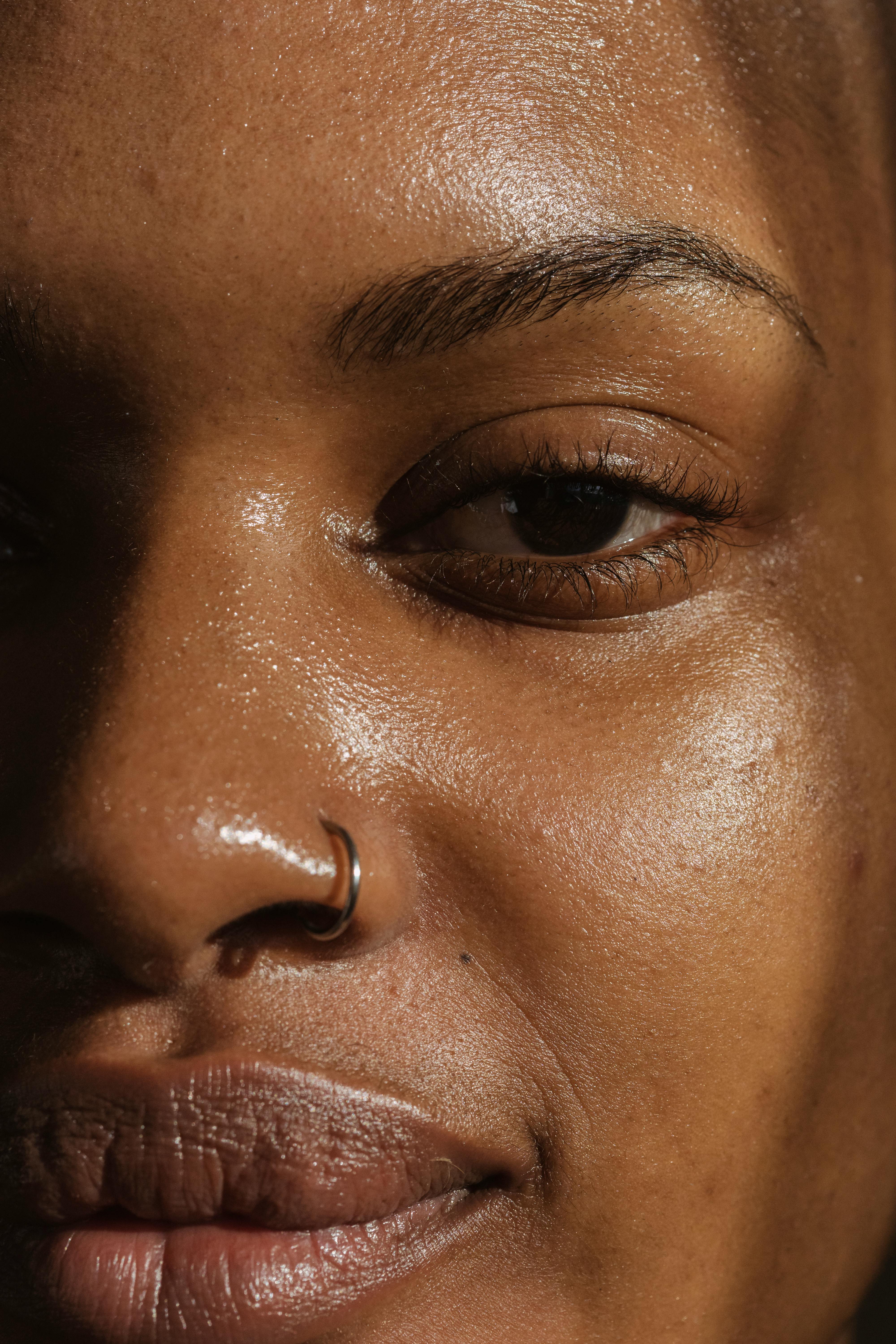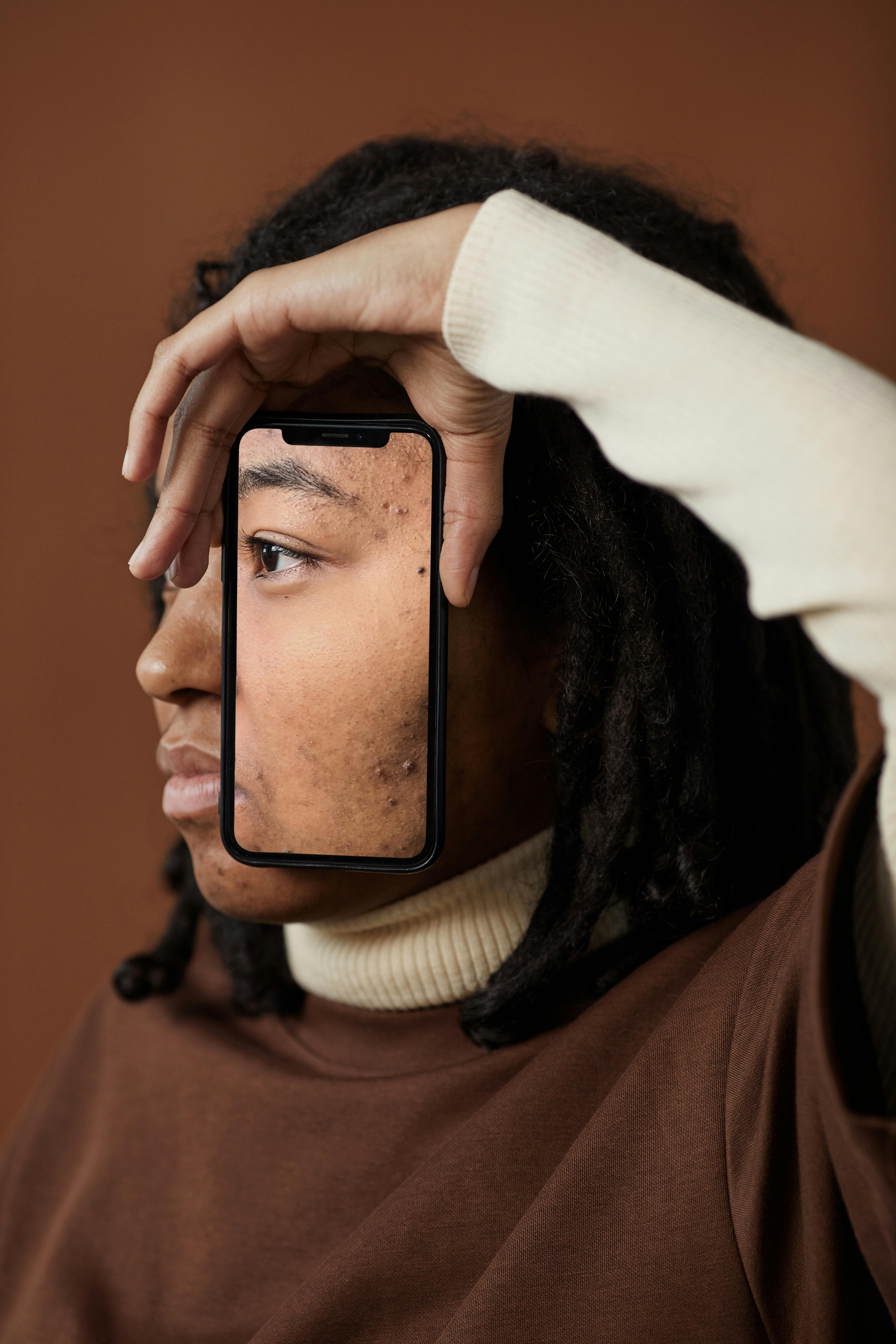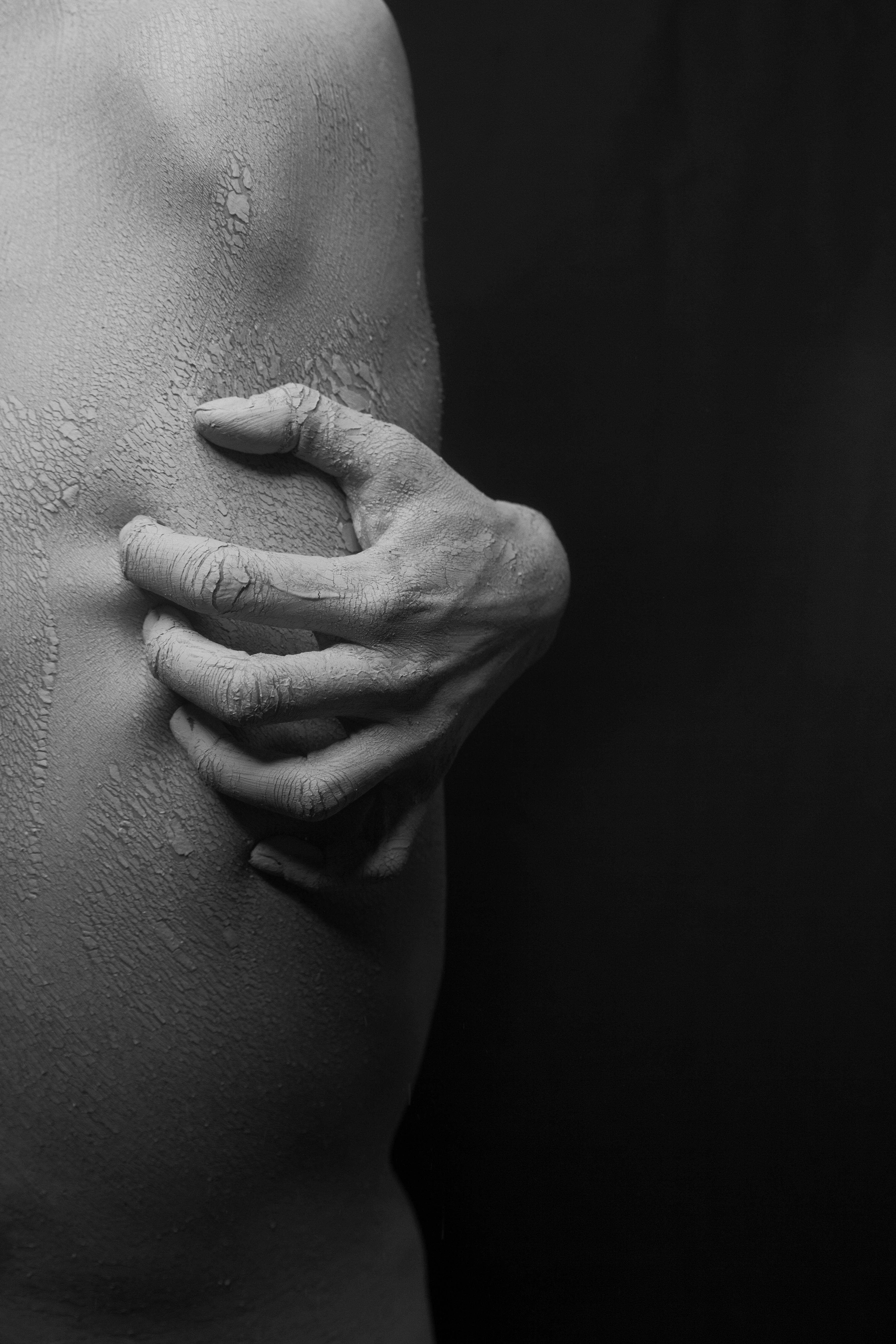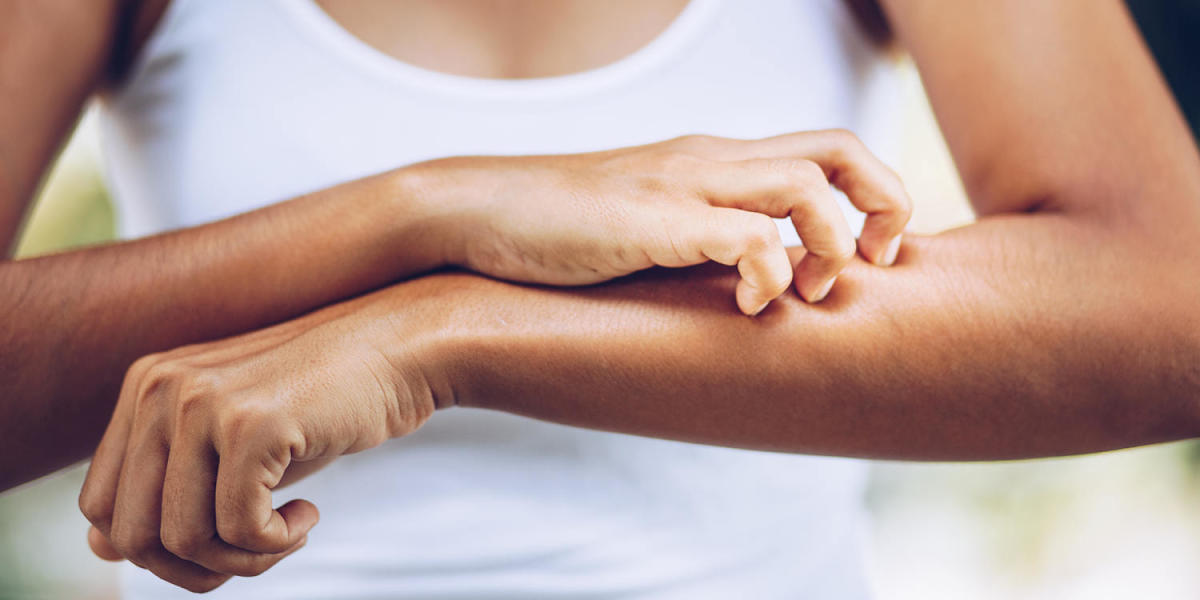Skin Under Stress: How Anxiety Affects Your Glow

At Style Rave, we aim to inspire our readers by…
As your body’s biggest and most visible organ, your skin is the first indication of any underlying issues with your overall health. One of the most common causes of skin problems is elevated stress and anxiety. To combat these conditions, it is imperative to know how anxiety can affect your skin and find effective ways to manage and mitigate stress levels.
Finding effective and manageable ways to reduce stress and anxiety to maintain a more balanced lifestyle that supports improved skin health and overall well-being is essential. These methods include staying active, maintaining healthy sleeping habits, consuming a nutrient-dense balanced diet, and incorporating nature stress-relief supplements, like Vida Glow De-Stress, into your daily routine.
Understanding the Skin
The skin is a combination of proteins, fat, and water that acts as your first line of defense against light, heat, injury, infection, and other environmental conditions. It helps to regulate body temperature, produces vital vitamin D, and prevents harmful germs and bacteria from entering your body. The skin itself comprises three layers: the epidermis, the dermis, and the hypodermis.

The epidermis is the outermost layer of the skin made of keratin and other proteins that work to create new skin cells to replace the old ones you lose daily. The dermis is the middle layer, making up 90% of your skin’s thickness. It contains collagen, which strengthens skin cells, and elastin, which maintains skin flexibility. It also contains hair follicles, blood vessels, nerve receptors, and the oil and sweat glands.
Finally, the hypodermis, the bottom layer of skin, mainly comprises fat cells and collagen. It regulates temperature, protects vital organs, and houses connective tissue that connects skin to muscles and bones.
Stress-Related Issues
Stress and anxiety are your body’s natural responses to challenges and pressure and can affect your skin appearance and health in multiple ways.
#1. Acne

When you feel stressed, your body produces excessive levels of a hormone called cortisol. Cortisol, in turn, instructs a part of your brain known as the hypothalamus to produce a hormone called corticotrophin-releasing hormone, or CRH. CRH is believed to stimulate oil release from the sebaceous glands around your hair follicles. Elevated oil production from these glands can cause your pores to clog and lead to acne.
Although it is widely believed that stress leads to unwanted acne, only a small number of supported studies have examined and explored the connection.
#2. Wrinkles
Heightened stress and anxiety levels can affect your skin by causing changes to the proteins in your skin and reducing its overall elasticity. This loss of function can significantly contribute to wrinkle formation and appearance.
Furthermore, feelings of stress can lead to repeated facial movements, such as furrowing one’s brow, which can also contribute to the development of fine lines and wrinkles across the face. This can increase the appearance of aging skin, which typically only develops later in life.
#3. Dry Skin

The stratum corneum is the outer layer of the skin. It contains important proteins and lipids that play a vital role in keeping skin cells properly hydrated. Skin can often become dry and itchy when the stratum corneum isn’t working as it should.
A review released in 2014 states that a pair of studies performed on mice found that stress can impair the barrier function of your stratum corneum and negatively impact skin water retention. The review also refers to several human-based studies that found stress can reduce the skin’s ability to heal properly.
#4. Eye Bags
Eye bags are characterized by swelling and puffiness under the eyelids, particularly the lower lids. They become more common as you age, as the supporting muscles around your eyes naturally weaken. A loss of elasticity causes the skin to sag, which contributes to the appearance of eye bags.
Multiple studies have found that sleep deprivation caused by increased stress accelerates the signs of aging, including fine lines, reduced skin elasticity, and uneven skin pigmentation.
#5. Rashes

Due to how stress impacts the body, it can weaken the immune system and lower the body’s defenses against illness and infections. A weakened immune system can also lead to an imbalance of bacteria commonly found in the gut and skin, which is known as dysbiosis. When this balance occurs in the skin, it can lead to redness or an uncomfortable rash.
Additionally, increased stress has been found to trigger or aggravate several conditions, some of which can develop rashes or inflamed skin, like eczema, contact dermatitis, and psoriasis.
#6. Graying Hair & Hairloss
Age-old wisdom has always claimed that stress can turn your hair gray. However, a recent study released in Nature in 2020 features evidence and research that allowed scientists to finally understand why it happens.
Cells called melanocytes produce a pigment known as melanin, which is responsible for giving your hair its color. Stress can cause the stem cells that create melanocytes to disappear, resulting in new cells to lose their color and turn gray. In addition, chronic stress can severely disrupt your hair’s growing cycle, which results in a condition called telogen effluvium. This condition causes an abnormal amount of hair loss.
Featured image: Katrin Bolovtsova/Pexels
For the latest in fashion, lifestyle, and culture, follow us on Instagram @StyleRave_
—Read Also
At Style Rave, we aim to inspire our readers by providing engaging content to not just entertain but to inform and empower you as you ASPIRE to become more stylish, live smarter and be healthier. Follow us on Instagram! @StyleRave_ ♥



